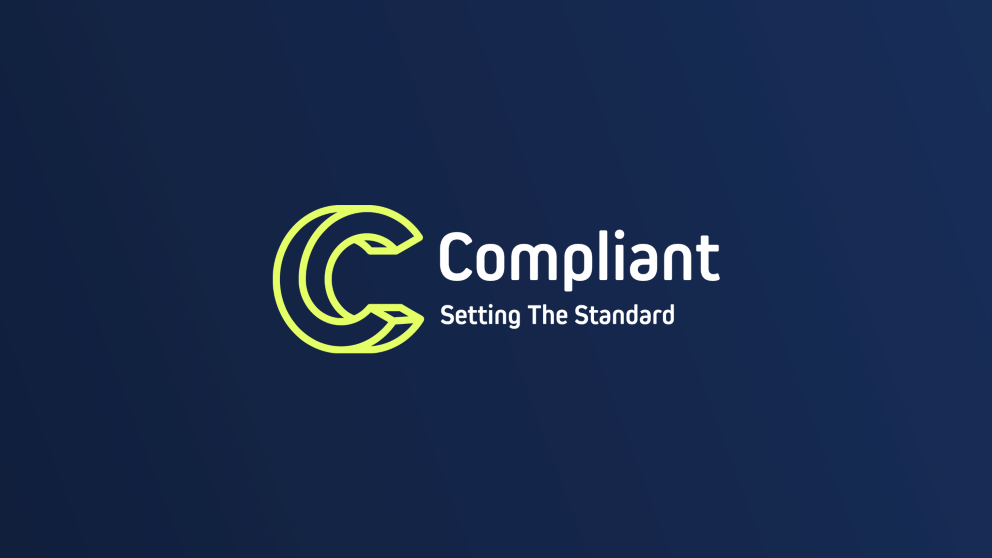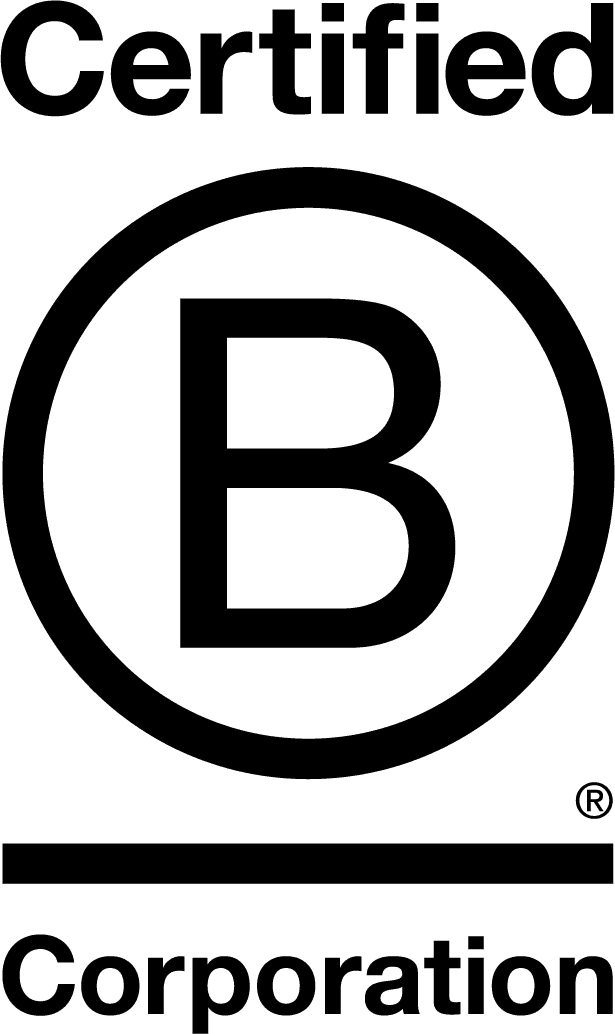

Compliant Ltd

1.6
City of Sunderland, United Kingdom
August 2025
Management consultant - for-profits
Service with Minor Environmental Footprint
Australia,
Belgium,
Canada,
France,
Germany,
Ireland,
Netherlands The,
Poland,
United Kingdom,
United States
Compliant Ltd collaboratively assists and supports businesses in achieving ISO standards. This can be achieved through a UKAS or a non-UKAS process. Compliant Ltd helps organisations to get certified and to improve their overall performance, efficiency, and strategy. We remove all the stress from your ISO audit certification process with our expert knowledge and competitive and flexible pricing. At Compliant, understanding who we are and what drives us is vital to building solid partnerships. We are UKAS certified to ISO 9001 Quality, ISO 14001 Environmental, ISO 45001 Occupational Health and Safety, ISO 27001 Information Security, and ISO 22301 Business Continuity. We are also an approved carbon-neutral business. This is our competency, so how can we not get you certified? Our clients and potential clients can see that we also walk the walk. Our staff is also trained as lead auditors by BSI across the same standards, enabling us to talk and understand all ISO Standards. We can decipher academically written standards into terms we all understand. Compliant Ltd sets the standard and continuously supports our clients before, during, and after audits. We constantly look to develop new standards to support and ensure the business's operations are based on a strong code of conduct
Overall B Impact Score
Governance 23.5
Governance evaluates a company's overall mission, engagement around its social/environmental impact, ethics, and transparency. This section also evaluates the ability of a company to protect their mission and formally consider stakeholders in decision making through their corporate structure (e.g. benefit corporation) or corporate governing documents.
What is this? A company with an Impact Business Model is intentionally designed to create a specific positive outcome for one of its stakeholders - such as workers, community, environment, or customers.
Workers 32.5
Workers evaluates a company’s contributions to its employees’ financial security, health & safety, wellness, career development, and engagement & satisfaction. In addition, this section recognizes business models designed to benefit workers, such as companies that are at least 40% owned by non-executive employees and those that have workforce development programs to support individuals with barriers to employment.
Community 27.7
Community evaluates a company’s engagement with and impact on the communities in which it operates, hires from, and sources from. Topics include diversity, equity & inclusion, economic impact, civic engagement, charitable giving, and supply chain management. In addition, this section recognizes business models that are designed to address specific community-oriented problems, such as poverty alleviation through fair trade sourcing or distribution via microenterprises, producer cooperative models, locally focused economic development, and formal charitable giving commitments.
Environment 15.4
Environment evaluates a company’s overall environmental management practices as well as its impact on the air, climate, water, land, and biodiversity. This includes the direct impact of a company’s operations and, when applicable its supply chain and distribution channels. This section also recognizes companies with environmentally innovative production processes and those that sell products or services that have a positive environmental impact. Some examples might include products and services that create renewable energy, reduce consumption or waste, conserve land or wildlife, provide less toxic alternatives to the market, or educate people about environmental problems.
Customers 4.5
Customers evaluates a company’s stewardship of its customers through the quality of its products and services, ethical marketing, data privacy and security, and feedback channels. In addition, this section recognizes products or services that are designed to address a particular social problem for or through its customers, such as health or educational products, arts & media products, serving underserved customers/clients, and services that improve the social impact of other businesses or organizations.